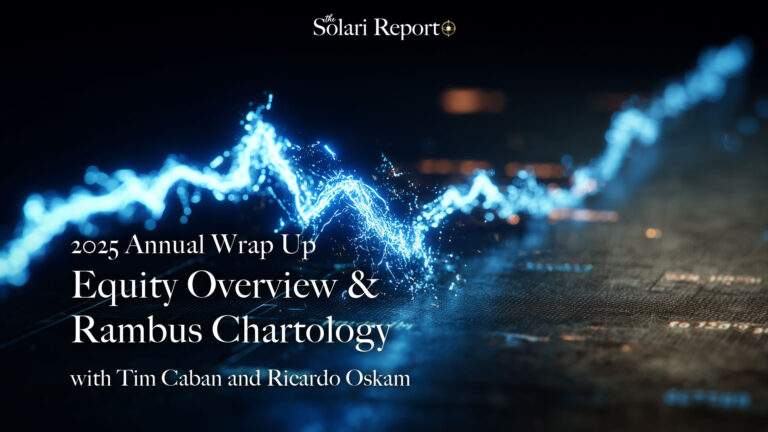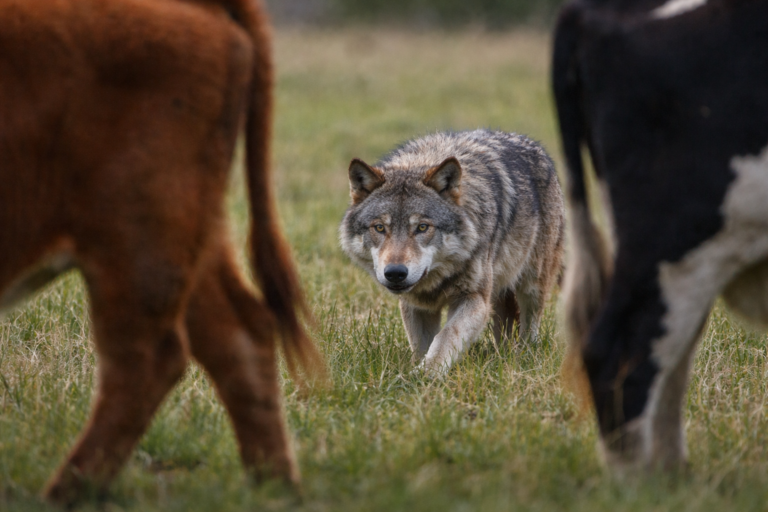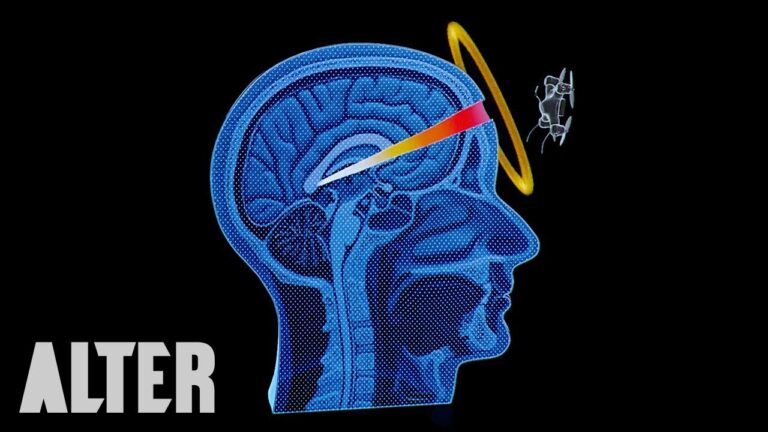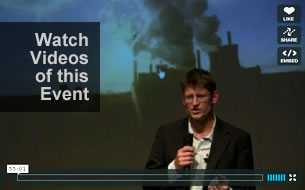This is a question that the producers and artists of the Von Krahl Theatre in Estonia have asked.
They lived through the meltdown of the Russian empire. That is how Estonia achieved independence in August 1991. So they are keenly aware of the fragility of empires and able to anticipate the challenges that the American Empire now faces.
Their hope? To inspire a conversation from which a new, richer story for mankind can emerge.
As the financial crisis unfolds, the question “Is There Life After Capitalism?” is one that many people are asking.
Von Krahl has invited entrepreneuers, community planners, philosophers and media leaders from around the world to help them engage the Estonian people and — through Estonian TV and the Internet — an international audience.
To view some of the presentations to-date, including Ron Hopkins on Transition Towns , see http://vimeo.com/vonkrahl.
Tonight I had dinner with Von Krahl founder Peeter Jalakas, producer Elo-Liis Parmas, consultant Henri Laupmaa, and Paul Jay, founder of The Real News who will also be speaking tomorrow. The conversation ranged from community currencies to the nature of living in Canada and Estonia, as both are bordered by a large, unpredictable neighbor.
Dinner was at The Garden, one of the Von Krahl restaurants. The Garden proved that these artists/entreprenerus are as extraordinary at producing culinary creations as leading world-changing conversations.
Is there life after capitalism? What do you think?























































































































Capitalism
First we must define capitalism…and agree upon the definition. From Websters New World Dictionary…capitalism is defined as:
Economic system whereby all or most production and distribution (including land) are privately owned and operated for profit, under competitive conditions, and tendency toward concentration of wealth for the few…in later times…as in now – growth of great corporations, with increased governmental control.
Under this definition, and if we look at history, we see that capitalism has created a system wherein a few hold the wealth and these few control our world.
Under capitalism there exists polarities – Capitalists (the wealthy) and Labor (workers), the rich (few) and poor (many). The Labour Unions came about to mitigate against this great divide. But…eventually even the Labor Unions, emerging to neutralize capitalism, became themselves capitalists!
Between the two polarities, rich and poor, capital and labor, there is a third system and that is the “sharing society.”
Those who are concerned for humanity do not stand on either side of capitalism or labor. They place themselves and are located at the center – standing for humanity and its needs.
The world needs a new system (beyond capitalism, a next developmental stage) – that of equitable sharing. Which directs us toward two deeper more relevant questions – can we create a sharing society, how, and can capitalism exist within a sharing society?
Various scholars attribute different characteristics to fascism, but the following elements are usually seen as its integral parts: nationalism (including collectivism and populism based on nationalist values); Third Position (including class collaboration, corporatism, economic planning, mixed economy, national socialism, national syndicalism, protectionism,); totalitarianism (including dictatorship, indoctrination, major social interventionism, and statism); and militarism.[13][14]
Querfront today means a close connection or similar approaches of left and right wing radicals. Anti-Americanism and Antizionism allowed attempts of right wing individuals to find common ground with parts of the Peace Movement and Antiglobalization Movements. Eastern Germany and especially Thuringia has a significant higher amount of Querfront activities and supporters.[1]
The Manifesto (published in “Il Popolo d’Italia” on June 6, 1919) is divided into four sections, describing Fascist objectives in political, social, military and financial fields.[1]
Politically, the Manifesto calls for:
Universal suffrage polled on a regional basis, with proportional representation and voting and electoral office eligibility for women;
Proportional representation on a regional basis;
Voting for women (which was opposed by most other European nations);
Representation at government level of newly created National Councils by economic sector;
The abolition of the Italian Senate (at the time, the Senate, as the upper house of parliament, was by process elected by the wealthier citizens, but were in reality direct appointments by the King. It has been described as a sort of extended council of the Crown);
The formation of a National Council of experts for labor, for industry, for transportation, for the public health, for communications, etc. Selections to be made of professionals or of tradesmen with legislative powers, and elected directly to a General Commission with ministerial powers (this concept was rooted in corporatist ideology and derived in part from Catholic social doctrine).
In labour and social policy, the Manifesto calls for:
The quick enactment of a law of the State that sanctions an eight-hour workday for all workers;
A minimum wage;
The participation of workers’ representatives in the functions of industry commissions;
To show the same confidence in the labor unions (that prove to be technically and morally worthy) as is given to industry executives or public servants;
Reorganisation of the railways and the transport sector;
Revision of the draft law on invalidity insurance;
Reduction of the retirement age from 65 to 55.
In military affairs, the Manifesto advocates:
Creation of a short-service national militia with specifically defensive responsibilities;
Armaments factories are to be nationalised;
A peaceful but competitive foreign policy.
In finance, the Manifesto advocates:
A strong progressive tax on capital (envisaging a “partial expropriation” of concentrated wealth);
The seizure of all the possessions of the religious congregations and the abolition of all the bishoprics, which constitute an enormous liability on the Nation and on the privileges of the poor;
Revision of all contracts for military provisions;
The revision of all military contracts and the seizure of 85 percent of the profits therein.
I really like what you wrote Riza and it brings some focus, for me anyway. Can we create a sharing society at all? A sharing society already exist for many people and many segments of humainity. For me a deeper question is HOW can we create a sharing society. Capitalism, if I am not mistaken, didn’t start as way for the wealthy to get wealthier. I am not an expert at all. Surely capitalism as it now functions can not and should not exist any longer. I guess another questions would be Can we re-invent Capitalism in a way that can providing equitable sharing? And–not trying to be funny-but how in the world can those who don’t want to share be forced share?
We definitely need to try a system of sharing the worlds resources and finally do away with the monetary system (money). There is a social engineer named Jacque Fresco who has been working on the blueprint of a Resource Based Economy, which will enable humanity on a global scale to create a new society which shares all the worlds resources with one another putting an end to poverty, starvation, greed, crime, exploitation and everything else negative that comes with a monetary system. The website is The Venus Project. Also check out The Zeitgeist movement, which is a way to get the awareness of this system out on a global scale. We must remake this world for the betterment of the global human family, not just a select few.
Here are direct links to the site http://www.thevenusproject.com/resource_eco.htm which advocates a global sharing society or resourced based economy and here is its sister site, http://thezeitgeistmovement.com If we spread these sites to as many people as possible, the world will know that there is an alternative to this mess were in. Also watch the free movies Zeitgeist and its sequel Zeitgeist Addendum which goes into detail on how a resource based world economy would work. The website is http://www.zeitgeistmovie.com/